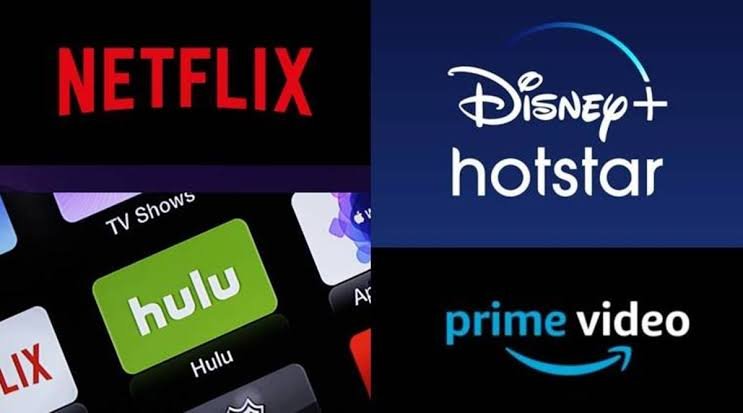Key points:
- Government brings OTT platforms under IB ministry.
- This means companies in the space will be treated similar on the rules drafted.
- Many industry expertise took Social media to react on it.
The code adopted by the OTTs prohibited five types of content.
OTT platforms, like Netflix, Amazon Prime Video, SonyLIV, ZEE5, Disney Plus Hotstar among many others, and news websites, will now come under the purview of the Ministry of Information and Broadcasting, as per a notification issued on Wednesday.
In the case of streaming services, this creates a level playing field between linear TV and so-called over the top (OTT) services, and should prevent a rash of objectionable content that some smaller and newer companies in the space have been distributing, but it also raises the spectre of censorship.
In the case of digital news, this means companies in the space will be treated similar on the rules drafted.
The change was made through the amendment of Allocation of Business Rules and announced through a gazette notification dated November 9 by the Cabinet secretariat. The amendment brought “film and audio visual programmes by online content providers” and “news and current affairs content on online platforms” under the ministry of information and broadcasting’s domain for regulation.

Image Source: Twitter.
In October 2019, the government had indicated that it will issue “negative” list of don’ts for the video streaming services like Netflix and Hotstar. It also wanted the platforms to come up with a self-regulatory body on the lines of the News Broadcasting Standards Authority.
Anticipating the government’s intervention, in January 2019, eight video streaming services had signed a self-regulatory code that laid down a set of guiding principles for content on these platforms.
The code adopted by the OTTs prohibited five types of content. This includes content that deliberately and maliciously disrespects the national emblem or national flag, any visual or story line that promotes child pornography, any content that “maliciously” intends to outrage religious sentiments, content that “deliberately and maliciously” promotes or encourages terrorism and, lastly, any content that has been banned for exhibition or distribution by law or court.
The government had refused to support this code.
Many industry expertise took Social media to react on it.
Filmmaker Hansal Mehta observed: “ This desperation for control of free speech and expression does not augur well. I am very disappointed.” Filmmaker Rahul Mittra was of the opinion that just as news channels are regulated, not censored, the same could apply to OTT platforms and online news portals, “ but at the same time a filmmaker’s right to expression should not be comprised.”
Outspoken actor Swara Bhasker posted, “Chalo, goodbye good content!”

